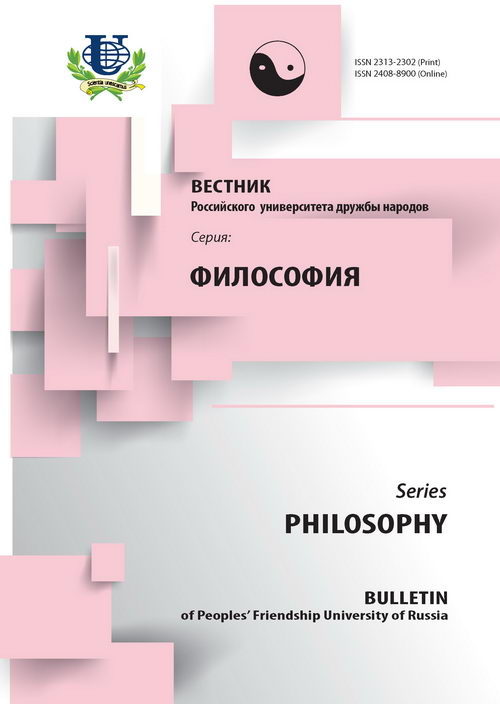Happiness as self-realization: two islamic approaches
- Authors: Smirnov AV1
-
Affiliations:
- Institute of Philosophy, Russian Academy of Sciences
- Issue: No 1 (2014)
- Pages: 94-100
- Section: Articles
- URL: https://journals.rudn.ru/philosophy/article/view/11742
- ID: 11742
Cite item
Full Text
Abstract
Al-Suhrawardī, the founder of Ishrāqī school of Illumination, understands happiness as ultimate self-realization. According to al‑Suhrawardī, the human self, or ego ( ’anā ), is light embedded and immured in material body, and to attain ultimate happiness means to knock off the shackles of dark matter and, breaking free, to merge with the Absolute Light. This goal is attained after a painstaking vertical ascend and is reached only by a few. Ibn ‘Arabī, on the contrary, holds that happiness is not only attainable, but actually attained by everyone, placing it not above, but within the horizon of human existence. This view is backed by Akbarian ontology of God-to-world relation and his understanding of human being and his universal significance. The universally attainable happiness in Akbarian perspective is human self-realization as well, though with the different understanding of the human self.
Keywords
About the authors
A V Smirnov
Institute of Philosophy, Russian Academy of Sciences
Email: hphilosophy@mail.ru
References
Supplementary files















